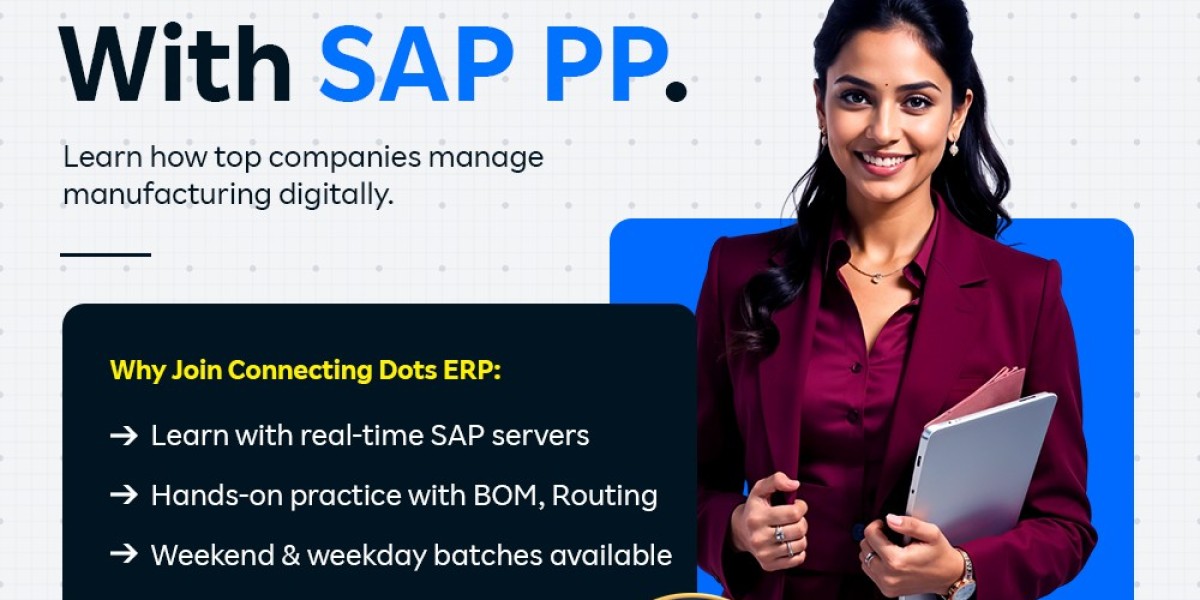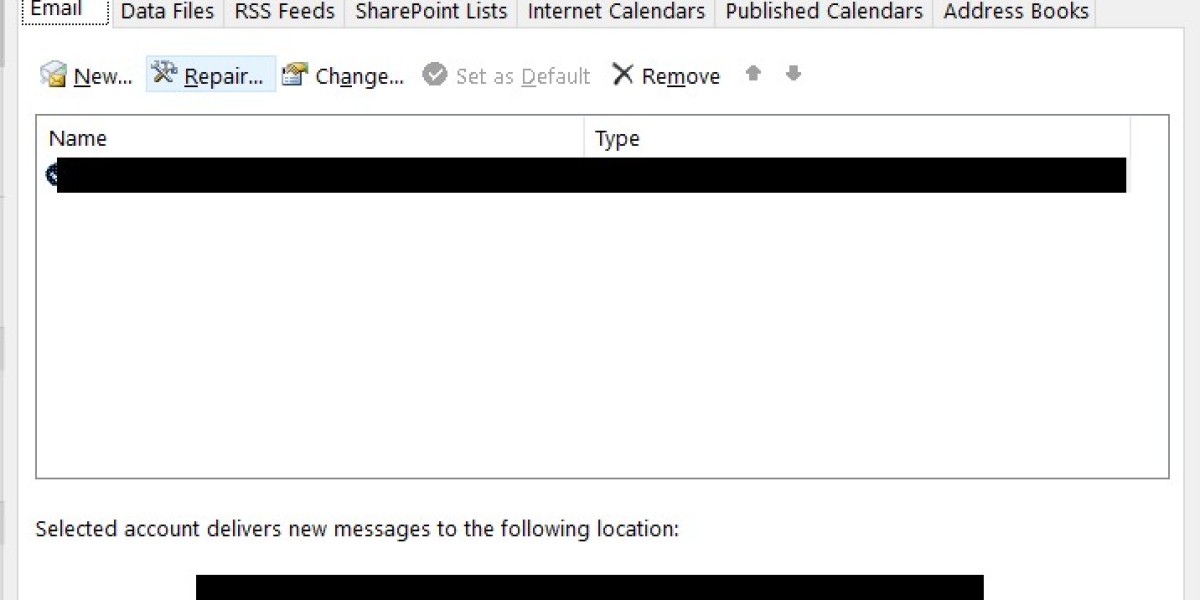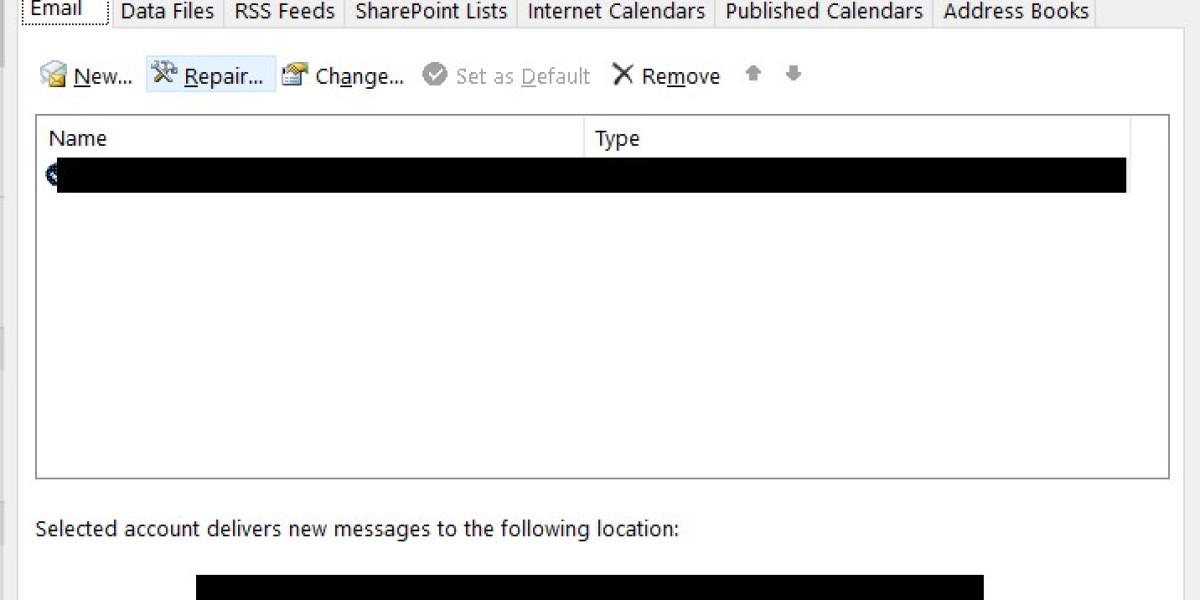Production planning is the backbone of any manufacturing organization, yet it’s also one of the most complex areas for freshers to understand. From material availability and resource allocation to capacity planning and scheduling, every step must work in sync to avoid delays, excess costs, or production breakdowns. With industries modernizing rapidly, many aspiring professionals are now turning toward SAP PP courses to gain structured, technology driven knowledge. For those searching for sap pp course in pune, the real question is: Does the course genuinely make production planning clearer or is it more overwhelming than helpful?
In this blog, you’ll explore what SAP PP training truly covers, whether it simplifies production workflows, how it aligns with real industry needs, and how freshers can use it as a stepping stone into the manufacturing domain. By the end, you’ll know exactly whether this course is the right fit for your career path.
Why Production Planning Feels Complicated for Freshers
Understanding raw materials, bill of materials, routing, and shop floor operations can be challenging if you're new to manufacturing. Without proper exposure, planning often feels abstract like juggling too many variables without seeing the full picture.
Why SAP PP Seems Like the Solution
SAP PP course in pune gives a structured, visual, step by step understanding of planning processes. Instead of memorizing theory, learners see how data flows across modules such as MM, SD, and QM. This makes complex concepts easier to grasp.
Some reasons freshers prefer SAP PP include:
Simple, workflow based learning
Immediate application of concepts
Better job opportunities in manufacturing
Exposure to end to end production processes
What SAP PP Actually Covers in Training
Before you treat SAP PP as the ultimate guide to production planning, you need to understand the depth of topics it includes. After 100 more words, The SAP PP module focuses on integrating people, materials, and processes to ensure smooth production. Some core areas include:
1. Master Data Management
This includes:
Material Master
Bill of Materials (BOM)
Work Centers
Routing
Production Resources/Tools (PRT)
These elements form the foundation of planning. Without correct master data, no production plan can run smoothly.
2. Demand Planning & MRP (Material Requirements Planning)
SAP PP helps forecast demand, calculate material needs, and generate procurement proposals. It reduces manual calculations and ensures material availability at the right time.
3. Production Order Management
You learn how production orders are created, released, scheduled, and settled.
4. Capacity Planning
This helps avoid overloads on machines and work centers.
5. Shop Floor Execution
You understand how operators track time, confirmations, and material consumption.
SAP PP course in pune bridges the gap between theoretical planning and real factory operations.
Does SAP PP Training Simplify Production Planning?
The answer depends on how deeply the course covers practical workflows rather than just theory.
How SAP PP Makes Planning Easier
Shows real time movement of materials
Breaks complex workflows into clear steps
Links planning with inventory and sales
Helps visualize end to end processes
Provides templates for routing, BOM, and work centers
Example
Let’s say a company needs to produce 10,000 units of a product next month. SAP PP helps plan:
The materials required
The machines and manpower needed
The scheduling of each production step
The completion timelines
The cost implications
This clarity is difficult to achieve through manual planning or spreadsheets.
Can Freshers Really Understand SAP PP Easily?
Many freshers assume SAP PP course in pune requires engineering or manufacturing experience, but that’s not always true.
Who Can Learn SAP PP?
Mechanical and production engineering graduates
BSc and BCom graduates
IT graduates interested in manufacturing systems
Freshers with basic logical and analytical skills
Skills That Make Learning Easier
Understanding of basic manufacturing concepts
Logical thinking
Interest in shop floor processes
Comfort with software tools
SAP PP course in pune is explained through step by step system navigation, so even freshers without real industry experience can understand it easily.
What Job Roles Can You Get After SAP PP Training?
Freshers often wonder if SAP PP course in pune leads to immediate job opportunities. While experience helps, several roles are beginner friendly.
Entry Level Job Roles
SAP PP End User
Work on production orders, confirmations, and MRP reports.
SAP PP Support Analyst
Assist users, solve operational issues, manage system tickets.
SAP PP Trainee Consultant
Work with senior consultants on configuration and testing.
Production Planner (with SAP skills)
Work in manufacturing companies using SAP.
Salary Range for Freshers
End user: ₹2.5–4.5 LPA
Support Analyst: ₹3–5 LPA
Trainee Consultant: ₹4–6 LPA
Companies value candidates who combine SAP knowledge with basic manufacturing concepts.
Is SAP PP Future Proof in the Era of Automation?
With industries adopting automation, IoT, and smart manufacturing, SAP PP is becoming even more important not less.
Why SAP PP Continues to Grow
Companies are upgrading to S/4HANA
Automated factories still need planning and control systems
Integration with AI tools makes planning more accurate
Manufacturing output in India is expanding rapidly
Real Scenario
When a machine breakdown affects production, SAP PP course in pune helps reschedule operations automatically, recommend alternative work centers, and update planning instantly. Even AI driven systems rely on correct SAP data to make decisions.
How to Make the Most of Your SAP PP Course
Just completing training isn’t enough you need the right preparation to stand out.
Tips for Freshers
Build basic manufacturing knowledge from YouTube or textbooks
Focus on understanding master data deeply
Practice MRP multiple times
Create mock projects for your resume
Learn cross module links with MM and SD
Improve documentation skills
SAP PP rewards practical understanding more than memorization.
SAP PP training in pune absolutely makes production planning clearer but only when approached with seriousness and hands on practice. It offers structured, industry relevant learning that helps freshers build strong foundations in manufacturing systems. If you’re aiming for a technology driven career in production, planning, or operations, learning SAP PP can be an excellent starting point. Focus on practical exposure, real world case studies, and consistent practice to make this course truly valuable for your career journey.








